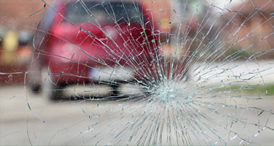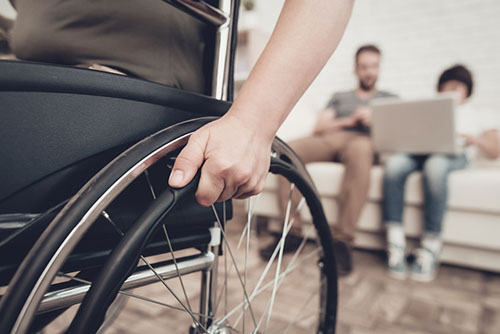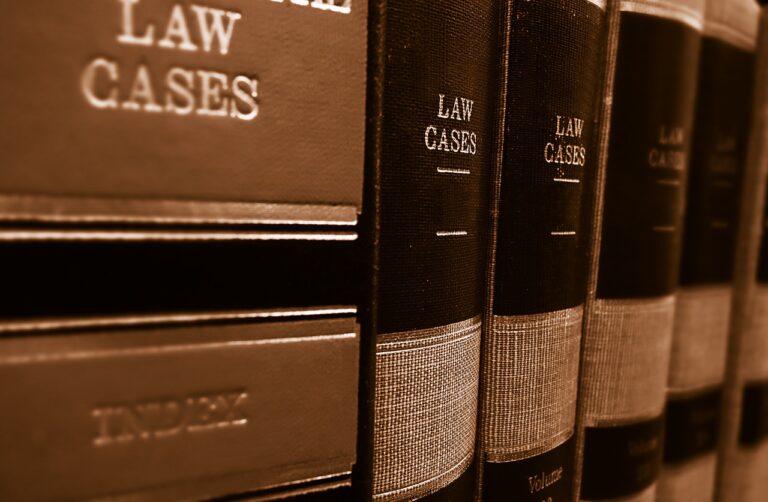If you’ve been injured in a slip and fall on someone else’s property, you are surely wondering how to get compensation for your medical bills, lost wages, and other damages. The legal path forward in such situations hinges on proving fault in your slip and fall case.
This blog examines the complexities of slip and fall lawsuits in Indiana, highlighting the crucial role an experienced Indianapolis slip and fall lawyer can play in navigating the legal landscape and securing the compensation you deserve.
Understanding Premise Liability in Indiana
Premises liability law dictates that property owners have a duty to maintain their premises in a reasonably safe condition and to warn visitors of any potential hazards.
Duty of Care and Property Owner Classifications
The duty of care a property owner owes depends on the classification of the person injured on their property, outlined in Indiana Code Title 34:
- Invitee: Individuals invited onto the property for the benefit of the landowner, such as customers in a store or guests at a home, receive the highest level of protection. The owner actively inspects and remedies potential hazards to ensure invitee safety.
- Licensee: This includes individuals entering the property with permission but not for the owner’s benefit, like social guests. The owner’s duty to licensees is to warn of known dangers and avoid creating hidden hazards.
- Trespasser: In cases where individuals enter the property without permission or implied invitation, landowners will still have a duty to avoid willful or wanton harm to trespassers. However, landowners have no obligation to actively maintain the property for their safety.
Exceptions and Special Considerations
Certain situations add complexity to the premise liability analysis:
- Attractive Nuisance Doctrine (IC 34-31-11-3): This doctrine protects children who are injured due to inherently dangerous features on the property that they are drawn to due to their age and limited understanding of risk. In such cases, the landowner may be liable even if the child entered without permission.
- Comparative Negligence (IC 34-51-2-6): Indiana follows a modified comparative fault system, meaning that if the injured person contributed to their own fall through their own negligence, their damages will be reduced proportionately. If the claimant bears more responsibility for the incident than the other parties, they will not be entitled to any damages.
- Open and Obvious Dangers: Generally, owners are not liable for injuries caused by dangers that are readily apparent to a reasonable person using ordinary care.
Elements of Proving Fault in a Slip and Fall Case
To successfully claim compensation for a slip and fall injury in Indiana, you must establish the following elements:
- The existence of a hazardous condition on the property. This could be anything from a spilled liquid on the floor to a malfunctioning handrail.
- The property owner’s knowledge or constructive notice of the hazard. The owner must have been aware of the hazard or should have been aware of it through reasonable inspection practices.
- The causal connection between the hazard and the fall. The hazardous condition must have directly caused your slip and fall.
- The extent of your injuries and damages. This includes medical expenses, lost wages, pain and suffering, and any other losses incurred due to the fall.
Building a Strong Case
Navigating the complexities of proving fault in a slip and fall case can be overwhelming, especially while recovering from an injury. An experienced Indianapolis slip and fall lawyer can be your invaluable partner in this process. Here’s how they can help:
- Investigating the accident: Your lawyer will gather evidence, such as witness statements, photographs of the scene, and maintenance records, to build a strong case for your claim.
- Negotiating with insurance companies: Insurance companies often try to minimize payouts in slip and fall cases. Your lawyer will advocate for your best interests and ensure you receive fair compensation.
- Filing a lawsuit: If necessary, your lawyer will file a lawsuit on your behalf and represent you in court.
The Benefits of Hiring a Lawyer
While it is technically possible to pursue a slip and fall claim without legal representation, the benefits of hiring a lawyer are undeniable:
- Increased chance of success: Cases with legal representation are more likely to be successful.
- Reduced stress and burden: Your lawyer will handle the legal aspects of your case, allowing you to focus on healing.
- Maximum compensation: An experienced lawyer knows how to value your damages and negotiate for the compensation you deserve.
Reach Out to an Indianapolis Slip and Fall Attorney Right Away
If you have been injured on someone else’s property in Indiana, understanding your legal rights and seeking the guidance of an experienced Indianapolis slip and fall lawyer at Rowe & Hamilton can be the first step toward securing the compensation you deserve.
Choosing the right lawyer for your slip and fall case is crucial. Look for an attorney with experience in premises liability law and a strong understanding of Indiana law. Make sure the person you choose is responsive, attentive to your needs, and explains legal matters clearly.
With the right legal representation by your side, you can focus on healing while your lawyer fights for your best interests. Contact us at 317-482-7888 for a free consultation today.





